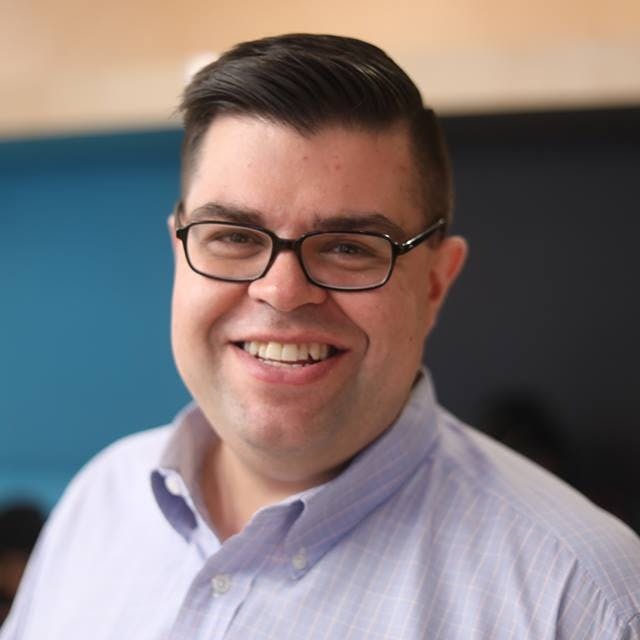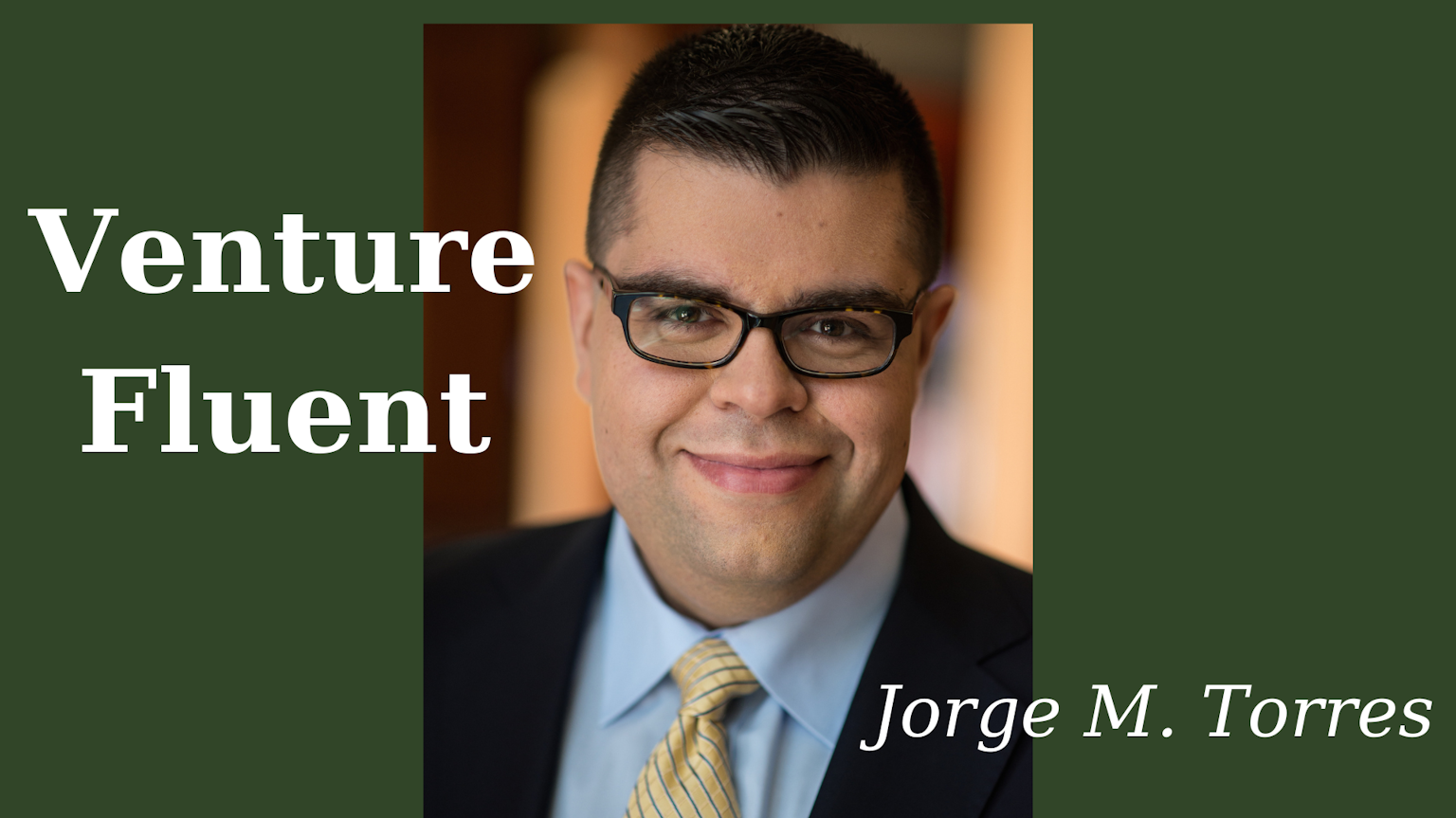Venture Fluent
2 Days
·Cohort-based Course
Venture Fluent is a live, online, cohort-based course that demystifies the jargon, and lingo of venture capital.
Venture Fluent
2 Days
·Cohort-based Course
Venture Fluent is a live, online, cohort-based course that demystifies the jargon, and lingo of venture capital.
Course overview
Get fluent in the language of venture capital.
Learn the terms, frameworks, and mindsets used by the best VCs in this live course so you can begin investing in startups created by high-potential entrepreneurs.
Who is this course for?
01
You've had professional success and want to start angel investing, create your own fund, or find a role in the VC industry.
02
You've studied VC on your own but crave the community of peers who can support you as you accelerate your learning.
03
You're ready to create a go-to-market plan for finding and supporting the world's best entrepreneurs.
Student Outcomes
Deconstruct the lingo of investing in early-stage innovative businesses.
Successful venture capital investors use the right language to appeal to entrepreneurs, engage with co-investors, and find new opportunities. You'll emerge from the course not only knowing the lingo but also how to use it to advance your professional goals.
Create a body of work that you'll use to demonstrate your investing acumen.
With my guidance, you'll create an investment thesis and write an investment memo. Together, they will form a portfolio that demonstrates how you think about startups and your talent for identifying the ones that have the most potential to deliver outsize investment returns.
Deploy insights gleaned from experienced investors.
You'll be in conversation with VC investors who have successfully traveled the road you're on. We'll cultivate a high-trust classroom environment that encourages them to share insights they don't share anywhere else — insights you'll start using right away.
Collaborate with peers who will serve as a life-long support network.
By learning with your cohort, you will complete the course along with peers who share your objectives. They will serve as future thought partners, co-investors, and industry friends for the life of your investing practice.
What’s included

Live sessions
Learn directly from Jorge M. Torres in a real-time, interactive format.
Lifetime access
Go back to course content and recordings whenever you need to.
Community of peers
Stay accountable and share insights with like-minded professionals.
Certificate of completion
Share your new skills with your employer or on LinkedIn.
Maven Guarantee
This course is backed by the Maven Guarantee. Students are eligible for a full refund up until the halfway point of the course.
Course syllabus
Week 1
Post-course
Jun
14
Venture Fluent - Module 1 - Parts 1 & 2
What students are saying
Learn from your instructor.
Jorge M. Torres
Jorge M. Torres
Lecturer at Yale University
Becoming a great venture capital investor begins with mastering the language and jargon investors use to establish credibility and work with confidence. After almost decade practicing law, I joined Silas Capital as an early hire on the investment team and won a prestigious Kauffman Fellowship before ever doing my first deal. I did this by reading everything I found that could help me become fluent in the language of early-stage investing. That approach served its purpose, but it took way too long to identify the best sources of knowledge and it was incredibly isolating to learn by myself.
Now I teach venture capital at Yale and at other places to cohorts of peers who want to learn together and who benefit from my curated syllabus of the best readings in the field. I’ve taught hundreds of students how to move their professional goals forward, whether that's securing a role at a VC firm, making their first angel investment, or launching their own fund.
Read my LinkedIn profile to learn more about my career, and visit my personal website to see who's engaged me to teach venture capital to newbies and experienced professionals alike.
Learn from expert guest speakers.
Learn how to value a startup like a VC.
Valuation is a critical step in successful investing—even if a company succeeds, valuation can make the difference between a huge outcome and barely making money.
In this exercise, I unpack the lingo and illuminate the frameworks top venture investors use to do their work.
This free resource is based on a popular lesson from Venture Fluent, my live, online venture capital course.
In the lesson, you will:
1. Learn about the considerations that go into valuation;
2. Review video walkthroughs of the valuation process; and
3. Apply your learnings
Get the Mini-Lesson & Exercise
